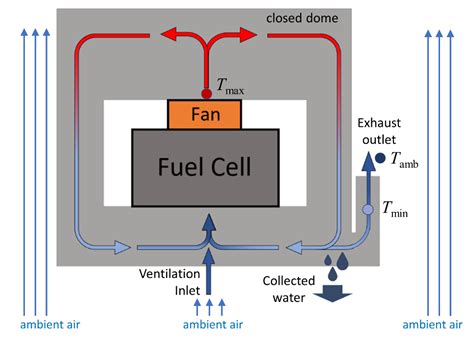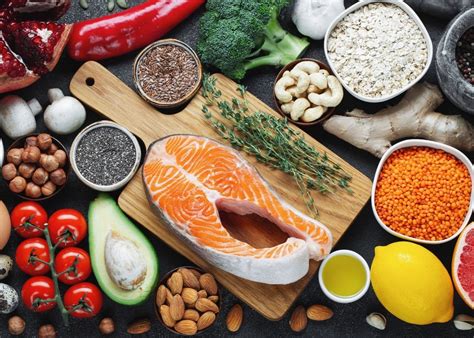How to fuel for peak morning energy & focus without afternoon crashes?

The Quest for Sustained Morning Vitality
Waking up with a clear mind and robust energy is the dream, but for many, it’s followed by a mid-afternoon slump that derails productivity and mood. The secret to maintaining peak morning energy and focus without succumbing to the dreaded afternoon crash lies not in caffeine overload, but in thoughtful nutritional strategies. By understanding how different foods impact your blood sugar and energy levels, you can design a morning routine that fuels your body and mind for hours.

Build a Breakfast Foundation That Lasts
Skipping breakfast is a common mistake that sets you up for an energy deficit. Your body has been fasting all night, and it needs quality fuel to kickstart your metabolism and cognitive functions. However, not all breakfasts are created equal. A sugary pastry or bowl of highly processed cereal might give you a quick spike, but it’s invariably followed by a rapid crash. The key is to create a balanced meal.
The Power Trio: Complex Carbs, Protein, and Healthy Fats
- Complex Carbohydrates: These are your slow-release energy sources. Unlike simple sugars, they are digested gradually, providing a steady supply of glucose to your brain and muscles. Think whole grains (oats, whole-wheat bread), quinoa, or starchy vegetables (sweet potatoes).
- Lean Protein: Essential for satiety and muscle repair, protein also helps stabilize blood sugar by slowing down the absorption of carbohydrates. Incorporate eggs, Greek yogurt, cottage cheese, lean meats, or plant-based proteins like lentils or tofu.
- Healthy Fats: Crucial for brain function, hormone production, and extended satiety, healthy fats also contribute to a sustained energy release. Avocados, nuts, seeds (chia, flax, hemp), and olive oil are excellent choices.
An example of a balanced breakfast could be oatmeal with berries, nuts, and a scoop of protein powder; scrambled eggs with avocado and whole-grain toast; or Greek yogurt with fruit and chia seeds.

Hydration: The Unsung Hero of Energy
Dehydration, even mild, can significantly impair concentration, mood, and energy levels. After hours without water during sleep, your first action upon waking should be to rehydrate. A glass of water, perhaps with a squeeze of lemon, can jumpstart your metabolism and prepare your body for the day ahead. Continue to sip water throughout the morning to maintain optimal hydration and avoid the fatigue that comes with even slight dehydration.
Strategic Snacking (If Needed)
If you have a long gap between breakfast and lunch, a small, strategically chosen snack can prevent hunger pangs and energy dips. Again, focus on a mini-version of your balanced breakfast – a handful of almonds and an apple, a small Greek yogurt, or a rice cake with avocado. Avoid sugary snacks or highly processed options that will inevitably lead to a crash.

Beware of the Sugar Trap
The biggest culprit behind afternoon crashes is often a breakfast or morning snack high in refined sugars and simple carbohydrates. These foods cause a rapid spike in blood glucose, prompting your body to release a surge of insulin to bring it down. This swift reduction in blood sugar is what leaves you feeling sluggish, irritable, and craving more sugar.

Mindful Meal Timing
Beyond what you eat, when you eat also plays a role. Try to consume your breakfast within an hour or two of waking up. This signals to your body that fuel is available and helps regulate your circadian rhythm. Avoid grazing all morning; instead, aim for distinct, balanced meals and snacks to give your digestive system time to process food efficiently.
Beyond the Plate: Lifestyle Factors
While nutrition is paramount, remember that sleep quality and stress management also significantly impact your energy and focus. Ensure you’re getting adequate, restorative sleep, and practice stress-reduction techniques to support your overall well-being. Nutrition works best when complemented by a healthy lifestyle.

Conclusion: Consistency is Key
Achieving peak morning energy and focus without the afternoon crash is an attainable goal through mindful nutrition. By prioritizing balanced breakfasts rich in complex carbohydrates, lean proteins, and healthy fats, staying adequately hydrated, and avoiding refined sugars, you can provide your body with the steady fuel it needs. Consistency in these habits will not only stabilize your energy levels but also enhance your cognitive function, mood, and overall productivity throughout the day.








